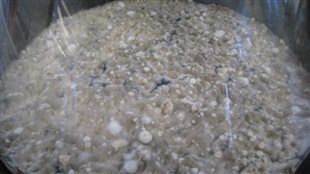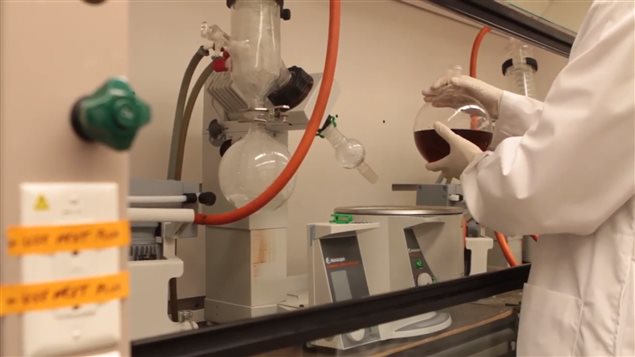The world is running out of antibiotics that can fight dangerous bacteria, but Canadian scientists have discovered a substance in soil that may lead to solutions. The problem is that bacteria evolve rapidly and find ways to become resistant to even the newest classes of antibiotics.
Pharmaceutical companies are giving up on finding new antibiotics and the World Health Organization has warned of potentially “devastating” consequences from an inability to fight superbugs.

Instead of looking for new antibiotics, these scientists decided to look at way to interfere with the bacteria’s ability to become resistant. Antibiotics come from the soil, so they decided to look there for clues, collecting 10,000 of samples from different places.
Fungus fights resistance in antibiotics
A fungus from the eastern province of Nova Scotia revealed a molecule that sucks up zinc, which bacteria need to become resistant. The theory is that perhaps the molecule could eventually be administered along with antibiotics so that the bacteria could not develop a resistance and could be knocked out by the antibiotic. This could take years to prove and develop, but the discovery has a broader significance, says microbiologist Gerry Wright who headed the research team at McMaster University in the province of Ontario.
Listen“What it shows is that the answer to the drug resistance problem might be in the places that were so rich in the first place for antibiotics, yet we stopped looking at them for a number reasons. And, I think, if we go back to those sources–to those environmental bacteria and fungi–that we might be able to develop a series of strategies that will help us solve the antibiotic resistance problem.”

‘Breathing life into old drugs’
The discovery was published in the journal Nature and could spur other scientists to investigate this way to tackle the problem.
“So while we’ve heard for a number of years… about how resistance is such a significant problem and we don’t have any new drugs, this might be a way to get back to our old drugs, that is to breathe life into these old wonderful drugs that we have by blocking resistance,” says Wright.







For reasons beyond our control, and for an undetermined period of time, our comment section is now closed. However, our social networks remain open to your contributions.